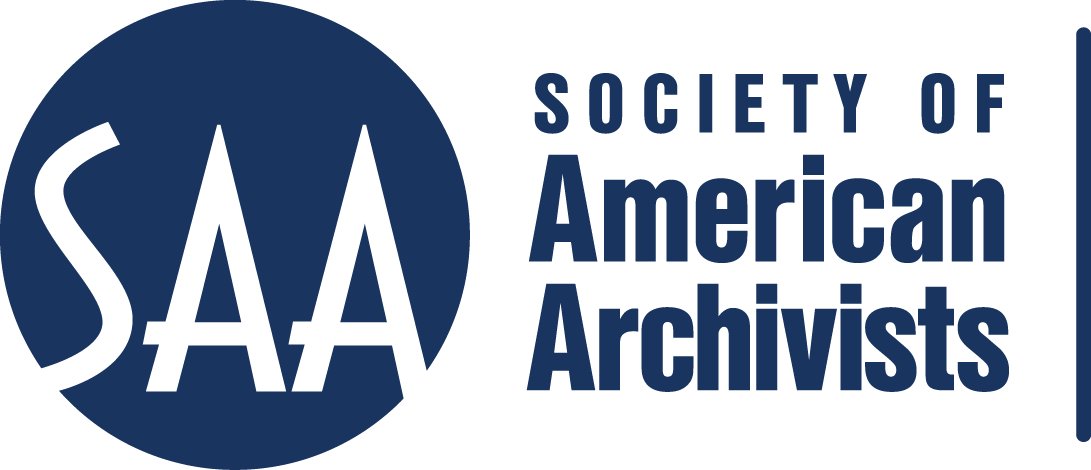ABSTRACT
This case study discusses an instruction exercise using legislative staff memoranda from congressional archives in graduate and undergraduate courses to teach civic knowledge, particularly the legislative function of the U.S. Congress and the legislative process. In 1997, the Children's Health Insurance Program (CHIP) was signed into law, making it the largest federal investment in children's health care since the creation of Medicaid in 1965. Senator Jay Rockefeller, who represented West Virginia in the U.S. Senate for thirty years, was a key sponsor of the legislation. The legislative staff memoranda preserved in his archives at West Virginia University Libraries offer a unique, behind-the-scenes vantage of how the policy developed in Congress and was later implemented in the states. In 2017, the congressional and political papers archivist at the libraries used legislative staff memos in instruction exercises with graduate-level public administration students and second- and third-year undergraduate students. The exercise introduced students to archives and to concepts of primary source literacy, and it demonstrated how congressional archives can be used in disciplines such as public administration and political science, which traditionally engage less with archives. As the archives profession focuses more attention on teaching with primary sources, this case study demonstrates how congressional archives, specifically legislative staff memos, can engage students with primary sources and impart important civic lessons. This case study discusses how the exercise was developed and implemented, and how assessment was conducted.

